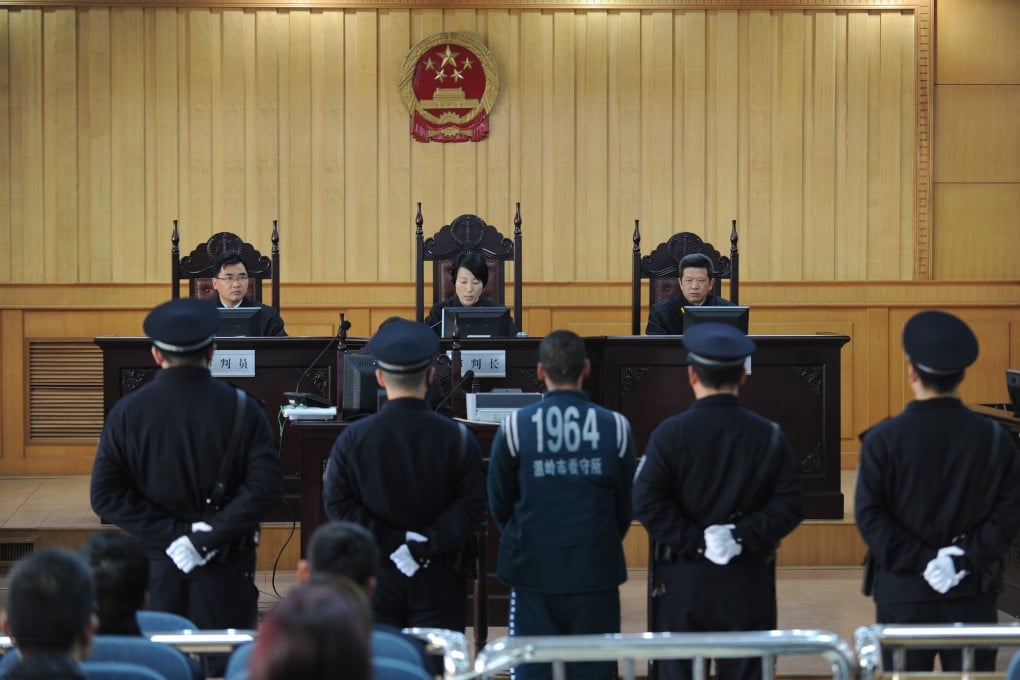Opinion | Why it’s time for China to revive debate over the death penalty
- China has made progress, treating prisoners more humanely and narrowing the list of offences that merit capital punishment
- As support for the death penalty wanes, public debate will allow citizens to understand why abolitionists oppose the idea

Growing up in China, I was fed the idea of “a life for a life”. At school in the 1970s, the best outings entailed trips to Nanjing stadium for the public sentencing rally. The authorities used to invite the masses, schoolchildren included, to witness the iron fist of proletarian dictatorship and draw lessons from negative examples.
After the sentencing, the condemned wore a placard stating their crimes and were paraded in open-top army trucks to the execution ground nearby. We children often ran after the truck – laughing, cheering and even throwing stones at the condemned – all the way to the killing field where bullets would rip open the prisoners’ heads.
It was George Orwell’s essay A Hanging about the execution of a criminal in (then) Burma that made me question our traditional wisdom. The author vividly describes how the prisoner, on the way to the execution ground, steps aside to avoid a puddle of rainwater and asks himself what it means to destroy a healthy, conscious man. The readers are inspired to ask themselves the same question.

